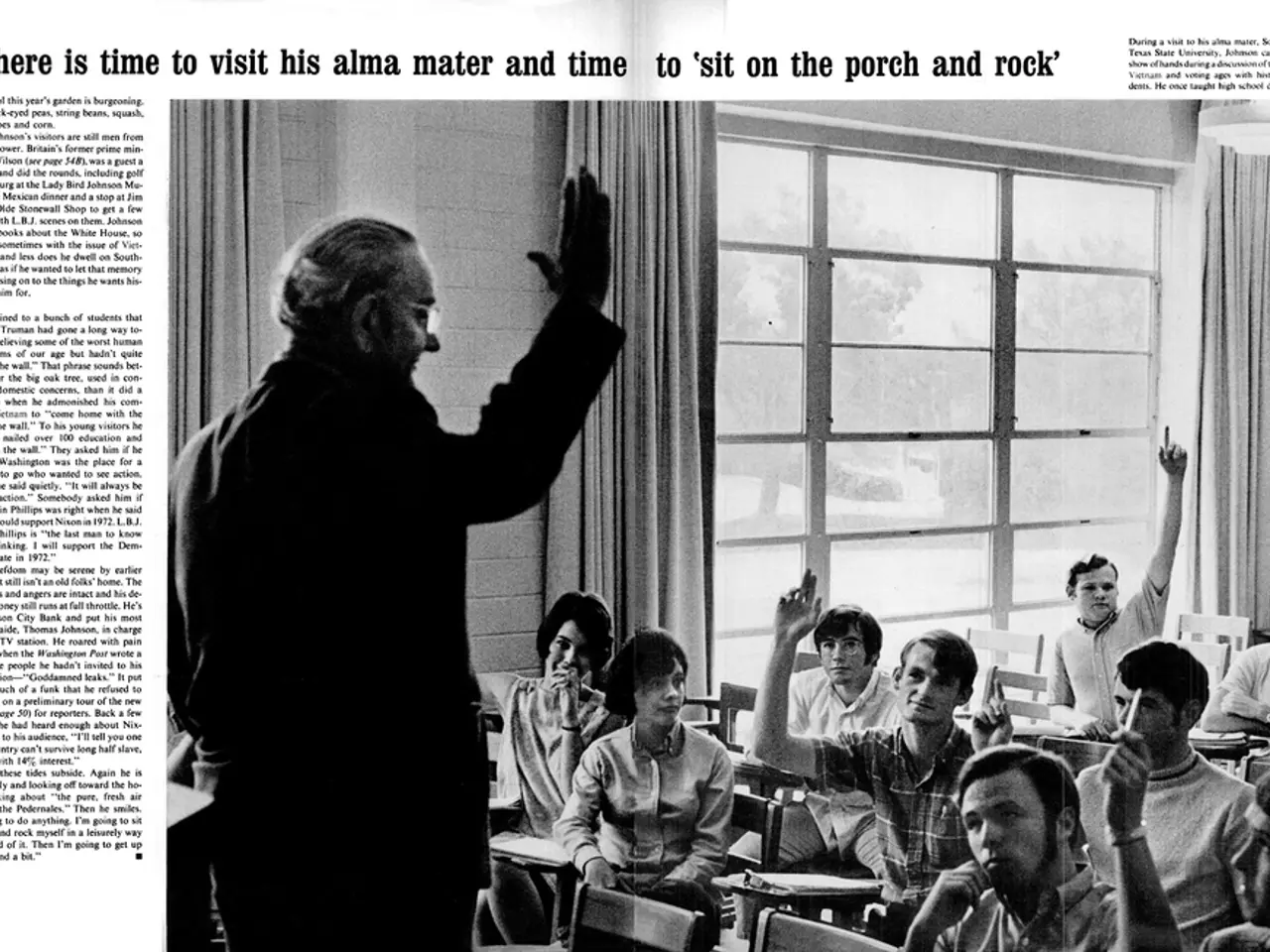High Blood Pressure Precursor: Definition, Causes, Symptoms, and Additional Information
In a significant shift, the American Heart Association (AHA) and the American College of Cardiology (ACC) have updated the guidelines for blood pressure categorization, replacing the term "prehypertension" with "Stage 1 hypertension." This change aims to highlight the increased risk of developing life-threatening conditions, such as heart attack and stroke, associated with elevated blood pressure levels.
The new guidelines are as follows:
- Normal: Less than 120/80 mmHg
- Elevated: Systolic 120-129 mmHg and diastolic less than 80 mmHg
- Stage 1 Hypertension: Systolic 130-139 mmHg or diastolic 80-89 mmHg
- Stage 2 Hypertension: Systolic at least 140 or diastolic at least 90 mmHg
Previously, prehypertension was considered a condition where an individual's blood pressure was elevated but not high enough to be classified as high blood pressure. However, people with prehypertension are now more likely to develop hypertension than those with normal blood pressure.
The reclassification of prehypertension to Stage 1 hypertension underscores the importance of early and effective steps to reduce blood pressure. With this new categorization, nearly half of U.S. adults fall into the hypertension category, emphasizing the need for preventive and therapeutic interventions.
Lifestyle changes play a crucial role in managing blood pressure. Increasing physical activity, adopting a heart-healthy diet, avoiding smoking, and limiting alcohol consumption can help control blood pressure. Overweight and obese individuals, especially those with a BMI over 25, may be more likely to have prehypertension or hypertension.
Individuals with a family history of high blood pressure are also at a higher risk of developing the condition. Those with a history of smoking or drug misuse also have an increased risk.
For those with Stage 1 hypertension, lifestyle modifications such as eating a heart-healthy diet, increasing physical activity, decreasing stress, stopping smoking, limiting alcohol intake, and maintaining a moderate weight may be necessary. Depending on an individual's progress using lifestyle modifications, doctors may consider additional treatments, such as medications.
For individuals with Stage 2 hypertension, a doctor may prescribe blood pressure medication, depending on their risk of atherosclerotic cardiovascular disease (ASCVD). A hypertensive crisis, characterized by blood pressure of 180/120 mmHg or higher, may cause headaches and nosebleeds and requires emergency medical attention.
In conclusion, the updated blood pressure guidelines aim to emphasize the importance of early and effective management of elevated blood pressure to reduce the risk of life-threatening conditions. By making lifestyle changes and working closely with healthcare providers, individuals can take control of their blood pressure and improve their overall health.
[1] American Heart Association. (2017). 2017 ACC/AHA/AAPA/ABC/ACPM/AGS/AHA/PCNA/AACVPR/ASPC/NLA/PCOrg Guideline for the Prevention, Detection, Evaluation, and Management of High Blood Pressure in Adults. [2] American College of Cardiology. (2017). 2017 ACC/AHA/AAPA/ABC/ACPM/AGS/AHA/PCNA/AACVPR/ASPC/NLA/PCOrg Guideline for the Prevention, Detection, Evaluation, and Management of High Blood Pressure in Adults. [4] Centers for Disease Control and Prevention. (2017). High Blood Pressure Facts.
- The revised guidelines from the American Heart Association (AHA) and American College of Cardiology (ACC) have reclassified prehypertension as Stage 1 hypertension, highlighting the increased risk of developing other heart diseases and medical conditions such as heart attack and stroke associated with high blood pressure levels.
- Due to the new categorization, it has been emphasized that maintaining a healthy lifestyle, including incorporating a heart-healthy diet, physical activity, stress reduction, and maintaining a moderate weight, can help manage elevated blood pressure, especially for those with Stage 1 hypertension.
- Furthermore, for individuals with Stage 2 hypertension, where blood pressure is at least 140/90 mmHg or higher, doctors may prescribe medication to manage the condition, considering the risk of atherosclerotic cardiovascular disease.
- Awareness of cardiovascular health is paramount in the prevention and management of high blood pressure, as adopting a lifestyle focused on health and wellness can help reduce the risk of life-threatening conditions and improve overall health.




